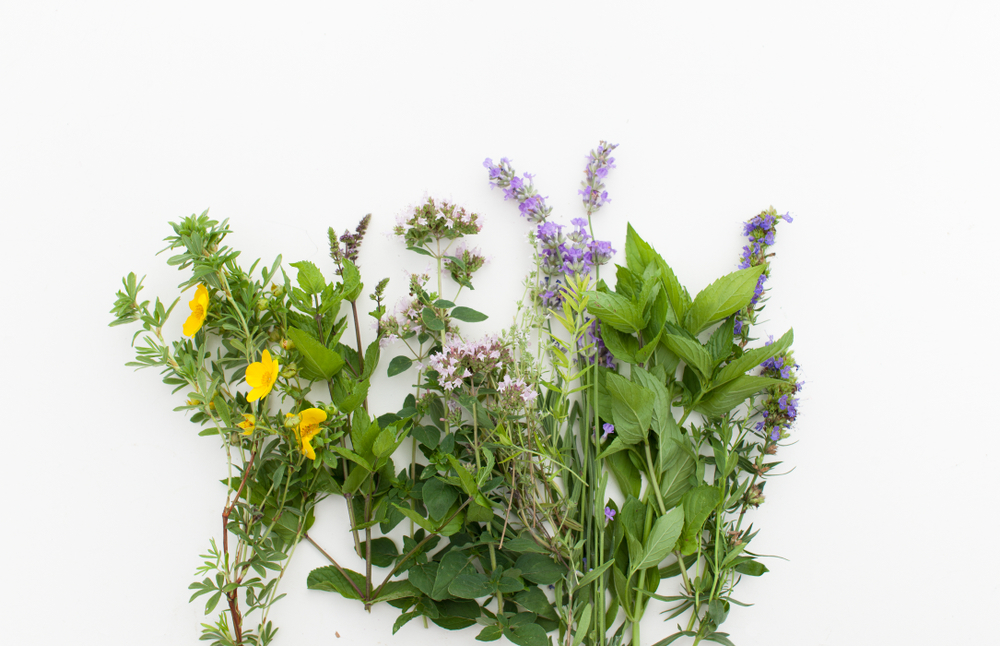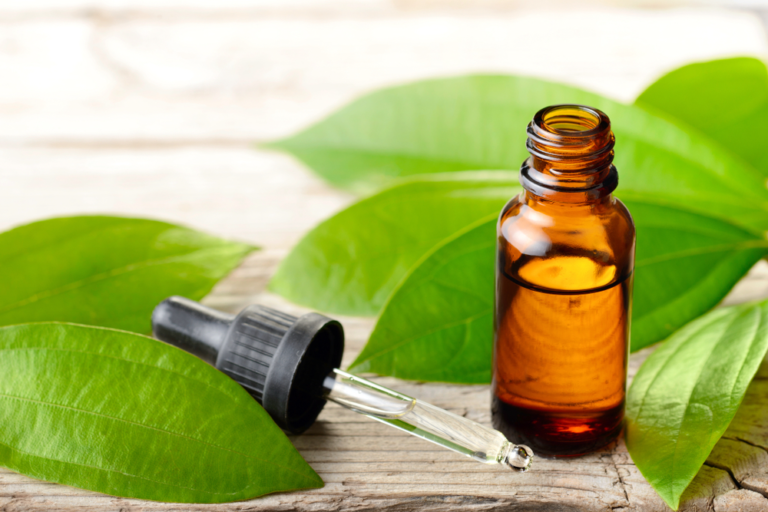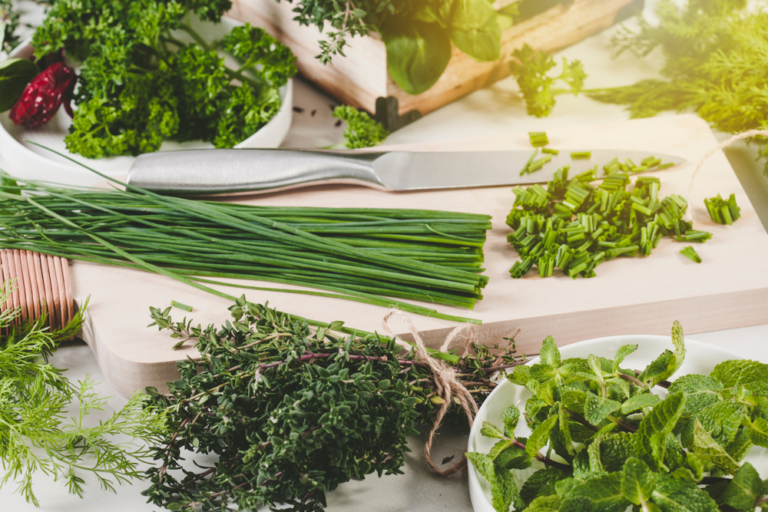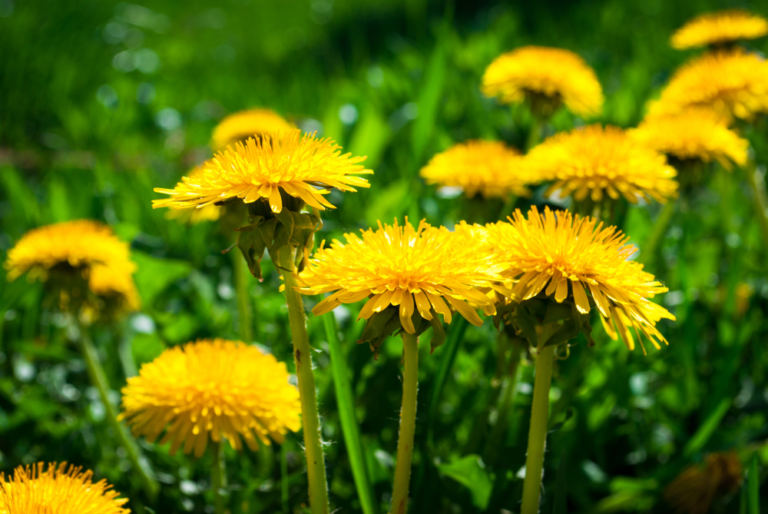Natural Remedies Best Uses
For centuries, different cultures around the world have used herbs for their medicinal properties and healing abilities.
From relieving pain and inflammation to boosting immunity and improving digestion, herbs have a wide range of benefits for our overall well-being.
In this article, we will introduce you to the top 10 herbs that are commonly used for natural remedies and discuss their best uses.
Whether you’re new to herbal remedies or looking to expand your herbal knowledge, this list will provide you with a comprehensive overview of the most effective and versatile herbs.
So, let’s dive in and discover the amazing world of herbal medicine.
Table of Contents Natural Remedies Best Uses
Enhance your health with herbs
Incorporating herbs into your daily routine can be a powerful way to enhance your overall health and well-being.
The Top 10 Herbs for Natural Remedies and Their Best Uses offer a wide range of benefits, from boosting your immune system to aiding digestion and promoting relaxation.
By harnessing the natural healing properties of these herbs, you can support your body’s natural processes and maintain optimal health.
Whether you choose to brew a soothing cup of chamomile tea to calm your nerves or incorporate turmeric into your cooking for its anti-inflammatory properties, these herbs provide a natural and holistic approach to wellness.
Embrace the power of nature and discover how the Top 10 Herbs for Natural Remedies and Their Best Uses can positively impact your health journey.
Chamomile: sleep aid and anti-inflammatory
When it comes to promoting a good night’s sleep and reducing inflammation in the body, chamomile proves to be a valuable herb in The Top 10 Herbs for Natural Remedies and Their Best Uses.
Chamomile is widely recognized for its calming properties, making it a popular choice for those seeking a natural sleep aid.
By brewing a cup of chamomile tea before bedtime, you can create a relaxing ritual that helps promote a restful night’s sleep.
Additionally, chamomile contains compounds that possess anti-inflammatory properties, which can help reduce inflammation in the body and alleviate symptoms associated with conditions such as arthritis and digestive disorders.
Incorporating chamomile into your wellness routine offers a gentle and effective way to support your sleep patterns and promote overall well-being.
Turmeric: powerful antioxidant and anti-inflammatory
One herb that stands out in The Top 10 Herbs for Natural Remedies and Their Best Uses is turmeric, known for its powerful antioxidant and anti-inflammatory properties.
Its vibrant yellow-orange color comes from the active compound curcumin, which has been extensively studied for its health benefits.
Incorporating turmeric into your diet or using it as a supplement can help combat oxidative stress and reduce inflammation in the body.
These properties make turmeric a valuable herb for supporting overall health and well-being.
Whether you add it to your favorite curry recipe or enjoy it as a soothing turmeric latte, harnessing the potential of turmeric can be a beneficial addition to your natural remedies toolkit.
Ginger: alleviate nausea and pain
Another herb that deserves recognition in The Top 10 Herbs for Natural Remedies and Their Best Uses is ginger.
Renowned for its ability to alleviate nausea and pain, ginger has been used for centuries in traditional medicine practices.
Whether you experience motion sickness, morning sickness, or simply an upset stomach, ginger can provide relief.
Its natural compounds, such as gingerol and shogaol, have been found to possess antiemetic and analgesic properties, making it a valuable herb for managing discomfort.
Incorporating ginger into your daily routine can be as simple as brewing a cup of ginger tea or adding fresh ginger to your meals.
By harnessing the power of ginger, you can find natural and effective solutions to alleviate nausea and pain.
Peppermint: soothe digestive issues
When it comes to soothing digestive issues, one herb that stands out among The Top 10 Herbs for Natural Remedies and Their Best Uses is peppermint.
Peppermint has long been recognized for its ability to provide relief from common digestive ailments.
Its active ingredient, menthol, has a calming effect on the muscles of the gastrointestinal tract, helping to ease symptoms such as bloating, gas, and indigestion.
Whether you prefer sipping on a cup of peppermint tea or using peppermint oil in aromatherapy, incorporating peppermint into your routine can help soothe your digestive system and promote overall digestive wellness.
So the next time you experience discomfort after a meal, consider reaching for the refreshing and soothing benefits of peppermint.
Garlic: lower blood pressure and cholesterol
Another powerful herb from The Top 10 Herbs for Natural Remedies and Their Best Uses is garlic.
Not only is garlic a popular ingredient in various cuisines, but it also boasts remarkable health benefits.
Studies have shown that garlic can effectively lower blood pressure and cholesterol levels, making it a valuable addition to a heart-healthy lifestyle.
The active compounds in garlic, such as allicin, have been found to promote blood vessel dilation and reduce the formation of plaque in the arteries.
Incorporating garlic into your diet can not only enhance the flavor of your meals but also contribute to better cardiovascular health.
Consider adding fresh garlic to your favorite dishes or trying garlic supplements to harness its medicinal properties and support your overall well-being.
Echinacea: boost immune system function
When it comes to boosting immune system function, Echinacea stands out as a key herb from The Top 10 Herbs for Natural Remedies and Their Best Uses.
Echinacea has long been revered for its ability to enhance the body’s natural defense mechanisms and ward off illnesses.
This herb is believed to stimulate the production of white blood cells, which play a crucial role in fighting off infections.
Additionally, Echinacea has anti-inflammatory properties that can help reduce symptoms of colds, flu, and other respiratory ailments.
Whether consumed as a tea, tincture, or supplement, incorporating Echinacea into your wellness routine can provide valuable support for a robust immune system.
However, it is important to consult with a healthcare professional before starting any new herbal regimen, especially if you have any underlying medical conditions or are taking medications.
Ginseng: improve energy and cognition
When looking for natural ways to improve energy and cognition, Ginseng is a powerful herb that should not be overlooked from The Top 10 Herbs for Natural Remedies and Their Best Uses.
Ginseng has been used for centuries in traditional medicine for its numerous health benefits.
It is known to enhance mental clarity, focus, and memory, thus improving cognitive function.
Additionally, Ginseng is recognized for its ability to boost energy levels and combat fatigue, making it a popular choice among individuals seeking a natural energy boost.
Whether consumed as a tea, in capsule form, or added to smoothies and other recipes, incorporating Ginseng into your daily routine can provide the sustained energy and mental sharpness needed to tackle everyday tasks with ease.
However, it is advisable to consult with a healthcare professional before starting any new herbal regimen, particularly if you have any existing health conditions or are taking medications.
Lavender: calm nerves and promote sleep
If you’re seeking a natural remedy to calm your nerves and promote better sleep, look no further than lavender from The Top 10 Herbs for Natural Remedies and Their Best Uses.
Lavender has long been revered for its soothing and relaxing properties.
The gentle aroma of lavender can help alleviate stress and anxiety, allowing you to unwind and find inner peace.
Many individuals find that incorporating lavender essential oil into their nighttime routine, such as through a diffuser or by adding a few drops to a warm bath, can significantly improve the quality of their sleep.
The calming effects of lavender make it an excellent choice for those struggling with insomnia or restless nights.
Whether you choose to enjoy the scent of lavender in its natural form, as an essential oil, or in herbal tea, this herb can be a valuable addition to your relaxation routine.
Aloe vera: heal wounds and sunburn
If you’re looking for a natural remedy to soothe and heal wounds or sunburn, Aloe vera is an excellent choice from The Top 10 Herbs for Natural Remedies and Their Best Uses.
Aloe vera has a long history of being used for its remarkable healing properties.
The gel extracted from the leaves of the Aloe vera plant contains a variety of beneficial compounds, including vitamins, minerals, and antioxidants, which promote skin regeneration and reduce inflammation.
Applying Aloe vera gel topically to minor cuts, burns, or sunburned skin can help alleviate pain, reduce redness, and accelerate the healing process.
Its cooling effect provides instant relief and aids in soothing the skin.
Incorporating Aloe vera into your natural remedies arsenal can be a valuable addition for promoting skin health and providing gentle care for wounds and sunburn.
As you can see, herbs have been used for centuries to provide natural remedies for a wide range of ailments.
Incorporating these top 10 herbs into your daily routine can not only improve your health, but also save you money on costly pharmaceuticals.
Just remember to consult with a healthcare professional before using any new herbs, and always follow proper dosage instructions.
With the power of nature on your side, you can take control of your health and wellness in a safe and effective way.
So why not give these herbs a try and see the benefits for yourself? Your body will thank you.
FAQ
What are the top 10 herbs for natural remedies and what are their best uses?
You are looking for the top 10 herbs for natural remedies and their best uses.
Well, let’s dive in.
First up, we have lavender, perfect for relieving stress and promoting relaxation.
Next, there’s echinacea, known for boosting the immune system.
Don’t forget about ginger, a great remedy for nausea and digestive issues.
Moving on, we have chamomile, excellent for soothing anxiety and aiding sleep.
Then there’s peppermint, ideal for relieving headaches and improving digestion.
Turmeric is a powerful anti-inflammatory herb, while garlic is great for boosting the immune system.
Rosemary enhances memory and cognitive function, while valerian root aids in sleep.
Finally, we have St.
John’s Wort, which can help with mild depression.
How do these herbs compare to traditional medicine in terms of effectiveness and safety?
When it comes to effectiveness and safety, these herbs can offer a different approach compared to traditional medicine.
You’ll find that herbs provide natural remedies that have been used for centuries.
While traditional medicine may rely on synthetic drugs, herbs offer a more holistic approach to healing.
However, it’s important to note that the effectiveness and safety of herbs can vary.
Always consult with a healthcare professional to ensure you’re using the right herbs and to consider potential interactions with any medications you may be taking.
Are there any potential side effects or interactions to be aware of when using these herbs for natural remedies?
When using these herbs for natural remedies, it is important for you to be aware of potential side effects and interactions.
Some herbs may cause allergic reactions or digestive issues.
Additionally, certain herbs can interact with medications, causing adverse effects.
It is crucial to consult with a healthcare professional or herbalist before using these herbs, particularly if you have pre-existing medical conditions or are taking medications.
They can provide you with guidance on proper usage, potential risks, and any necessary precautions to ensure your safety and well-being.
Can these herbs be used as a replacement for prescription medications or should they be used in conjunction with them?
Incorporating herbs into your health routine can be beneficial in conjunction with prescription medications.
While herbs may provide certain therapeutic effects, it is important to consult with a healthcare professional to ensure safety and avoid potential interactions.
Integrating herbs alongside prescription medications may offer a holistic approach to managing your health, but make sure to seek guidance from a qualified practitioner who can provide personalized advice based on your specific conditions and medications.
Are there any specific guidelines or dosage recommendations for using these herbs for natural remedies?
When using herbs for natural remedies, it is important to follow specific guidelines and dosage recommendations.
Always consult a qualified herbalist or healthcare professional to ensure you are using the herbs safely and effectively.
They can provide you with personalized advice based on your specific needs and health conditions.
Remember, different herbs have different potency levels and potential side effects, so it’s crucial to take the correct dosage.
By seeking professional guidance, you can optimize the benefits of herbal remedies while minimizing the risks.







